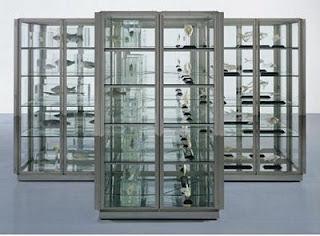Hoping to see you in Houston...

The National Arts Marketing Project Conference is a little more than a month away, and I am starting to feel like a child just before Christmas! It is the only time during the entire year that I get to see my colleagues from around the nation, and learn about what everyone else is doing. The markets are changing daily. Buying habits are shifting radically. And who knows what is on the horizon. This conference couldn't come at a better time! This year I am honored to be participating in the following panels and/or presentations: Marketing and Fundraising: Marking Your Territory or Joined at the Hip (with Damian Sinclair, Director of Development, Arena Stage) Entrances, Exits, and Escalators: Keep Ticket Buyers Coming In and Moving Up Roundtable Discussion on PURLs (Personalized URLs) When I am not speaking, you will be able to find me at the following presentations: The Pricing Institute. Thank God that this was added this year. Arena Stage is on the verge of opening the Mead Cen










